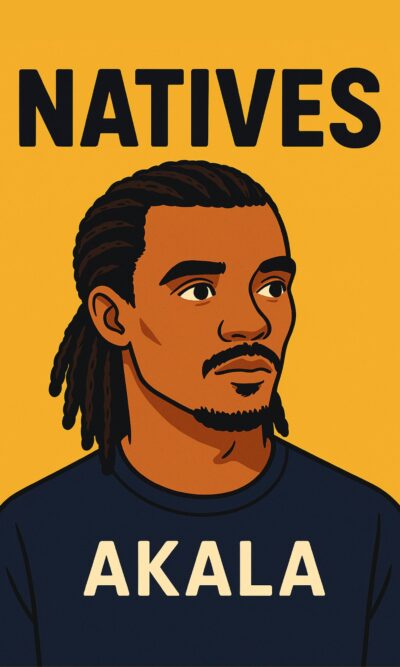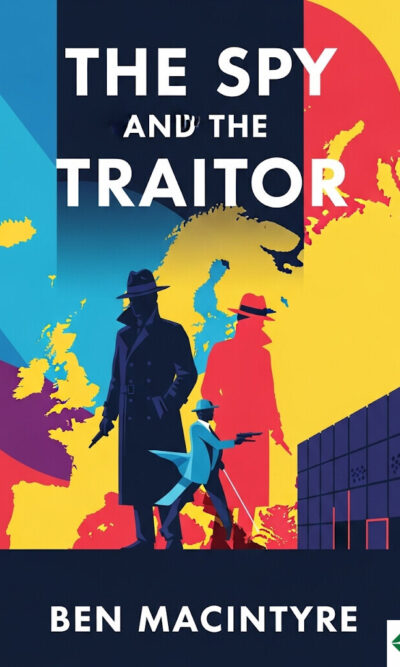Description
In November 1978, the world was shocked by the deaths of over 900 people in a remote jungle settlement in Guyana, South America. This community was known as Jonestown, and its leader was Jim Jones, a preacher who started with promises of equality but ended in violence and death. This story is not just about one man but about how power, manipulation, and blind faith can destroy lives.
Jim Jones was born in Indiana. His childhood was lonely and strange. His father was unemployed and alcoholic, and his mother was often away working. Jones felt isolated, but he was fascinated by religion and carried a Bible everywhere. As a boy, he sometimes showed kindness by helping the poor and homeless, but he also revealed a darker side. He hurt animals, played cruel tricks on friends, and always wanted to be in control. He admired leaders like Gandhi, Marx, Stalin, and even Hitler, studying how they gained influence. From the start, it was clear that Jones craved power and attention.
In his teenage years, Jones found his stage in church. He began preaching and discovered that people were drawn to his words. He could mix passion with a performance that made him seem special. He married Marceline Baldwin, who endured his controlling and manipulative behavior for the rest of her life. Jones tested her loyalty with cruel lies, even pretending her friend had died, only to admit it was a joke. These mind games revealed how deeply he wanted control over those closest to him.
Jones realized that the church gave him the perfect platform. He learned from revival preachers how to hold a crowd’s attention, and he even staged fake miracles. To make himself look like a prophet, he secretly gathered personal details about people, then used them in sermons to appear like he had divine insight. His ability to inspire and deceive soon filled his churches with followers.
One reason people trusted him was his strong message of social equality. In the 1950s and 1960s, when racism and segregation divided America, Jones preached racial unity. He adopted children of different races and called his household the “Rainbow Family.” His church, the Peoples Temple, welcomed people of all backgrounds, offering hope of fairness in an unfair society. Many admired his commitment to social justice, and by the 1970s, his movement had grown to thousands of members.
But behind the image of kindness was manipulation. Jones demanded absolute loyalty. Members gave not only their money but also their personal lives to him. His organization snooped on people, digging through trash or spying on their private habits. Followers were asked to sign over property and savings. Some were tricked with staged healings where actors pretended to be cured by his touch.
As his power grew, Jones also entered politics. His followers formed a voting bloc that helped liberal politicians in California win elections. He appeared as a humanitarian leader, running food programs and shelters. On the surface, he was respected, but inside his community, he controlled people with threats, punishments, and fear.
Jones pushed his church to move to Guyana in South America. He said it would be a paradise free of racism and inequality. Many believed him, leaving behind their families in America to start a new life. But Jonestown was no paradise. It was overcrowded, food was scarce, and the settlement was ruled by strict discipline. People worked long hours in the fields and were punished if they complained. Some were beaten, others locked in small boxes. Jones staged rehearsals for mass suicide, forcing people to practice drinking poison so they would be ready for the “final sacrifice.”
By 1978, relatives of church members were worried. Reports of abuse reached the United States, and Congressman Leo Ryan decided to visit Jonestown to investigate. At first, he was welcomed. Everything looked peaceful on the surface. But soon, some members secretly passed notes asking for help to escape. Ryan agreed to take them out. As he and his group prepared to leave, armed guards from the temple attacked. Ryan and four others were killed at an airstrip nearby.
When Jones learned that the world would soon know about the murders, he called his followers together. He told them that enemies would destroy their community and that the only honorable solution was “revolutionary suicide.” Large containers of fruit drink mixed with cyanide were prepared. Parents gave the poison to their children first. Some people were injected by force. Armed guards surrounded the area, leaving almost no chance of escape.
In the end, over 900 people died in Jonestown, including around 300 children. Jim Jones himself died as well, found with a gunshot wound to the head. The tragedy became known as the Jonestown Massacre.
This story is a dark reminder of how a leader’s charisma can turn dangerous. Jim Jones started by preaching equality, justice, and compassion. But he twisted those ideas into a system of control, where love turned into loyalty, and loyalty into death. People who once dreamed of a better world ended up trapped in fear, obedience, and finally destruction.
The lesson of Jonestown is that fanatic leaders can rise in any generation. They may begin by promising fairness, hope, or justice, but if left unchecked, their hunger for control can turn deadly. It is important to question authority, to think independently, and to never give away one’s freedom of choice, no matter how convincing a leader may appear.
The story of Jim Jones and Jonestown is one of the most tragic examples of blind devotion in modern history. It teaches us about the dangers of absolute power and the importance of critical thinking. Remembering it ensures that such a nightmare is not repeated.





